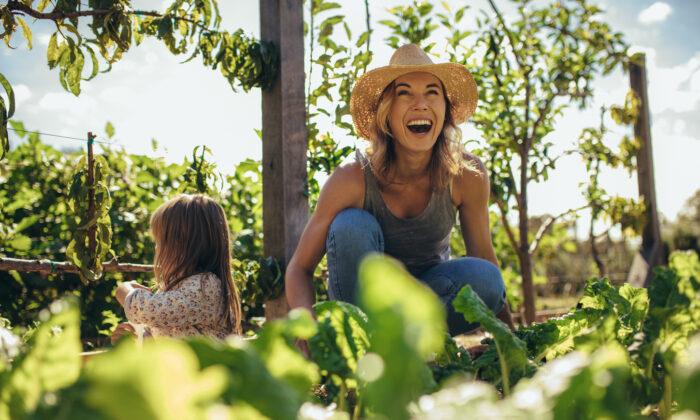Years ago when we had a big yard, thumbing through gardening catalogs was one way I got through the long Minnesota winters. I dreamed about what I’d plant when the weather warmed up and the ground thawed. I’d look at unusual plants, early bloomers, late bloomers, heirloom tomatoes, and whatever else caught my attention in a given season.
One year, I decided that we needed a raspberry patch in the yard. I couldn’t imagine anything better than walking out the back door and picking my own fresh raspberries, still warm from the sun. During the winter, I poured over several gardening catalogs looking for just the right variety of bush that would yield the sweetest berries and grow quickly. After a great deal of deliberation, I placed my order for two bushes that seemed to fit the bill perfectly.
When my “bushes” arrived, they came in the form of two sticks about 18 inches long with a tangle of roots at one end. In my disappointment, I carefully planted them and resigned myself to having to wait a year or two before I’d be picking any raspberries.
I watered and carefully tended these sticks for a few weeks, waiting for the first leaves to bud out. And then one day, I looked out my kitchen window to watch my two sons playing in the yard, running and tumbling like puppy dogs. They were chasing each other and having a sword fight with what I realized were my two soon-to-be raspberry bushes!
We never did get raspberries right off the bush, but my husband and I continue to garden in a community plot shared with another couple. Over the years, our community garden has been the source of all kinds of greens, bushels of tomatoes, bell and hot peppers, eggplant, onions, and even tomatillos. Last year, we added potatoes and leeks to our list.
Gardening is a lot of work, but it’s also incredibly satisfying on a number of levels. It’s also good for both your physical and mental health. Clearly, growing your own produce can increase your access to nutritious food, but it’s also great exercise and helps build muscle strength. Scientists also report that gardening can decrease your risk for dementia, help you sleep better, and getting outside can increase your body’s levels of vitamin D, the sunshine vitamin.
How is it possible that digging in the dirt, getting sweaty, and taxing your lower back in the garden can make you happier? While the answer may be different for each gardener, there are a number of possibilities.
Gardening removes you from everyday distractions and stressors; it’s a kind of getaway.
Gardening can be an exercise in mindfulness. It takes a certain amount of focus to plant and weed a garden. I think of weeding as a cross between meditating and cleaning out my closet, in which I need to mindfully sift and sort through what to keep and what to let go.
There’s also a sense of responsibility for your plants as you watch them grow. As a gardener, your care can make the difference between your plants thriving and dying—and how much food your garden yields.
A huge part of gardening is about the food. There’s nothing better than going to the garden, picking the ingredients for dinner, prepping, and sitting down to eat what we’ve grown. Almost better is to pull out some of last year’s pesto from the freezer or open a jar of last summer’s heirloom tomatoes in January or February.
The bottom line is that gardening can be hard work, but it’s good for your health and can actually make you happier. Whether you grow some herbs or lettuce in pots on your back deck, tuck a couple of tomato plants in among your flowering plants, or turn a chunk of your lawn into a full-blown garden, growing your own food is worth it!




